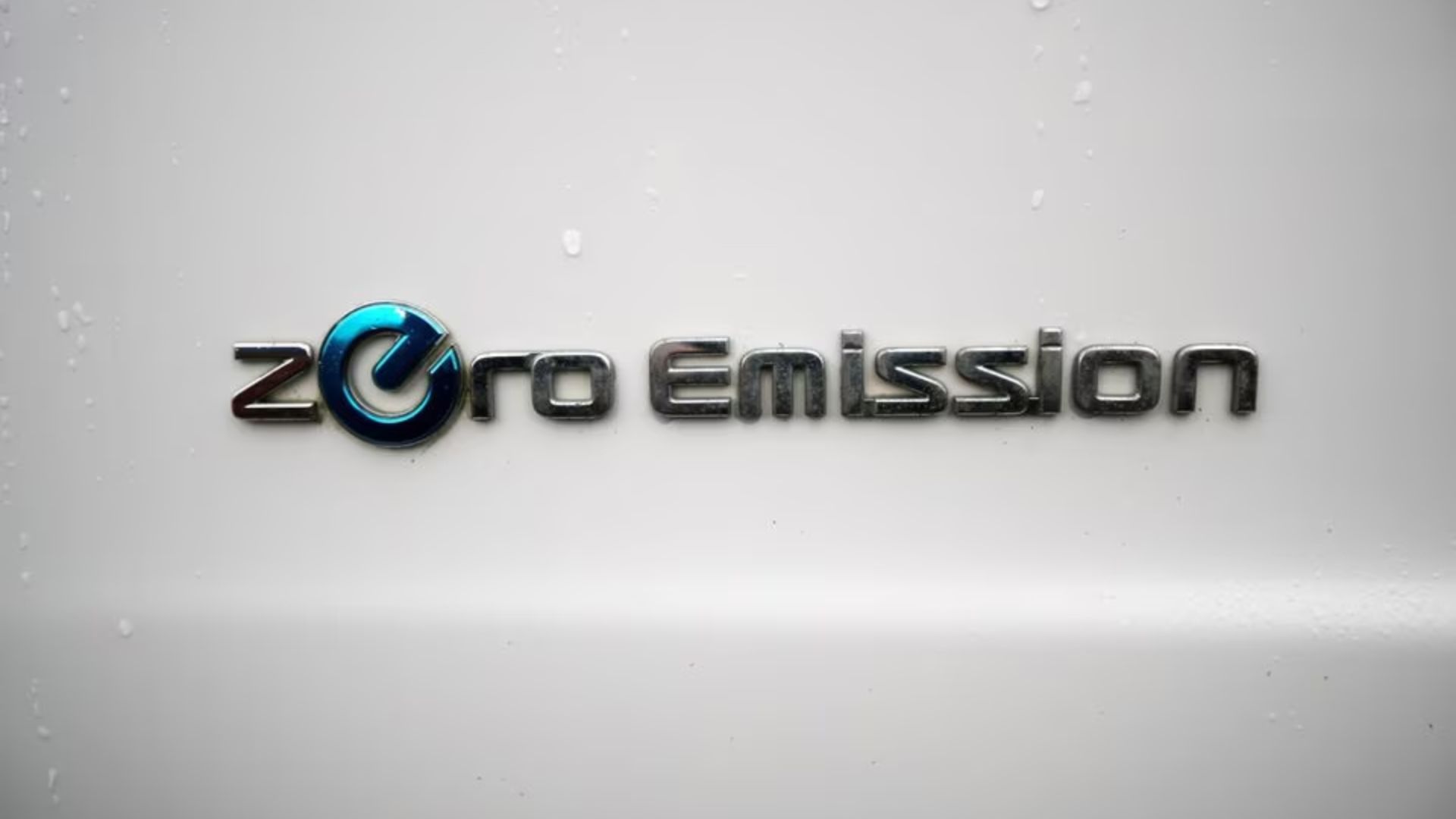LONDON, July (Reuters) – Britain is sticking to its plan to ban the sale of new petrol and diesel cars from 2030 but some measures to reduce the carbon footprint of residential homes will be relaxed, senior government minister Michael Gove said on Tuesday.
Britain’s green agenda has been thrown into question after the governing Conservatives won a vote for a parliamentary seat last week by attacking London’s flagship anti-pollution policy.
That risks sparking uncertainty for companies producing everything from electric vehicle infrastructure to heat pumps at a time when the United States and European Union are seeking to spur investment and decarbonise their economies.
Asked on Times Radio if banning the sale of new petrol and diesel cars was an immovable target in Britain, Gove said: “Yes.”
But on the question of targets to install heat pumps in new homes, Gove said it was important new homes meet net zero standards but said the government needed to be wary of the cost of some proposals to decarbonise existing housing.
“We’re living through a real cost of living challenge and what we don’t want to do is to force individuals to pay excessive sums at this stage, we need to take a proportionate approach,” he said.
Gove later told LBC radio that the government would make changes to planned timetables to make them more achievable.
“When it comes to landlords in the private rented sector, the timetable that we have for meeting particular energy efficiency standards will be relaxed,” he said.
On Monday, Prime Minister Rishi Sunak said the government’s target to reach net zero by 2050 was important to him, but he did not want to do anything that would add to people’s bills at a time of high inflation.
“I do agree that it’s important that the government does press ahead with appropriate and thoughtful steps in order to safeguard the environment but there are some specific areas where the cost that is being imposed on individuals risks creating a backlash,” Gove told Times Radio.











